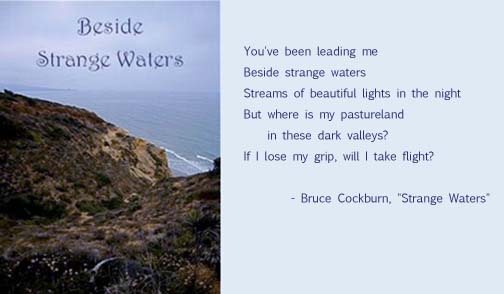"This book attempts a study of the Bible from the point of view of a literary critic" - "not a work of Biblical scholarship, much less of theology; it only expresses my own personal encounter with the Bible, and at no point does it speak with the authority of a scholarly consensus" (xi).
I liked the humility of that approach, a famous scholar saying simply that he could "only express" his "own personal encounter with the Bible." I was curious to see where Frye, who did not claim to be a theologian, was headed next. Why would a literary critic be writing a book about the Bible AND literature?
Frye's justification for teaching the Bible, not as literature, but in relation to literature is that the Bible has inspired much of the literature that makes up our canon:
"...a student who does not know the Bible does not understand a great deal of what is going on in what he reads: the most conscientious student [of English literature] will be continually misconstruing the implications, even the meaning" (xii).
When I was a freshman at Arizona State University, the poet Richard Shelton strode into class with a worn leather-bound volume and flung it onto the desktop. "This is the most important book you will ever read!" he announced. "It's inspired poets for centuries. You can't become a poet without reading this." He glared at us over a Bible that had been read almost to the point of dissolution, daring any undergraduate in the room to contradict him.
I'd not yet read Milton or Shakespeare's contemporaries; I had just barely discovered the Bard himself, much less Dante, Cervantes, Tolstoy or Dostoyevksi. As far as I knew, the King James Version was poetry (it featured unicorns, which was always a plus), and you had to know the Bible if you wanted to get to heaven - but it was a prerequisite to writing serious poetry too?
Shelton knew something I was yet to learn: when you appropriate a sacred text, you're not just borrowing an image or a phrase - you're imbibing power. And that's pretty heady stuff, for a freshman with aspirations to literary greatness.
Northrop Frye and Richard Shelton were both right: whether you are a student of English literature or a novice writer, you have to know the Bible.
I'm not sure that either of them would have said that you really have to believe it.

No comments:
Post a Comment